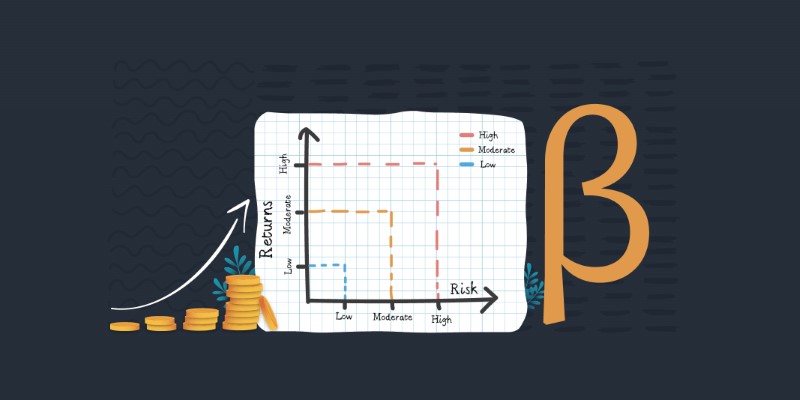It has been found that, sleep is very important for the brain and the ability to memorize directly depends on the amount of it. Lack of enough sleep as well as having too much sleep hinders the brain from properly dealing with information and knowledge. Inadequate sleep negatively affects important processes such as memory transfer that happens at the interface between short and long-term memory. While, sleep deficit has been accompanied by faulty thinking and memory as well as favored in some parts of the world by body that might be traced to health issues.
The Link Between Sleep and Memory:
Sleep plays a vital role in transforming short-term memories into long-term ones, a process known as memory consolidation. While awake, the brain absorbs a flood of information. Sleep acts as the organizing phase, where the brain processes, organizes, and stores this information, making it easier to recall later.
Memory consolidation involves three essential stages:
- Acquisition: Gathering information during waking hours.
- Consolidation: Strengthening and storing memories during sleep.
- Recall: Retrieving memories when needed.
Insufficient or unbalanced sleep disrupts this cycle, weakening memory retention and making it harder to recall information effectively. Prioritizing quality sleep is key to maintaining a sharp and reliable memory.
How Does Sleep Deprivation Impact Memory?

Sleep is essential for maintaining a healthy brain, and chronic lack of rest disrupts the brain's ability to process, store, and retrieve information effectively. Over time, this can lead to long-term cognitive impairments and a decline in overall quality of life.
1 . Disrupted Memory Consolidation
The brain’s ability to form and retain memories relies heavily on quality sleep, particularly during deep sleep and REM (rapid eye movement) stages. These stages are when the hippocampus—our brain's memory center—organizes and consolidates new information.
Without sufficient sleep, this process is compromised, making it harder to learn, retain knowledge, or develop new skills. Sleep deprivation severely hampers the brain’s opportunity to reset and recharge, leaving memory formation fragmented and inefficient.
2 . Impaired Focus and Attention
Focus and attention are essential for absorbing and processing new information—and both suffer greatly when we’re sleep-deprived. Lack of sleep diminishes the brain’s ability to maintain concentration, making it harder to engage with tasks, conversations, or learning materials. Without focus, the brain struggles to encode new information properly, creating a domino effect that undermines the entire memory-building process.
3 . Increased Forgetfulness
Memory transfer from the hippocampus (short-term storage) to the neocortex (long-term storage) is a critical part of memory consolidation. Sleep facilitates this process. When sleep is disrupted, the brain’s ability to transfer and preserve memories is impaired, leading to heightened forgetfulness.
4 . Distorted Emotional Memories
Sleep loss doesn’t just affect factual recall—it also disrupts emotional memory processing. The amygdala, the brain’s center for regulating emotions, becomes overactive when we’re sleep-deprived. This heightened sensitivity can skew emotional memories, amplifying negative experiences while allowing positive ones to fade. This imbalance can distort our emotional perspective, contributing to increased stress, anxiety, or even depression over time.
5 . Why Sleep Is Crucial for Memory?
Sleep is far more than just downtime—it’s an active period when the brain performs essential maintenance tasks, including memory consolidation. Prioritizing 7-9 hours of quality sleep each night can significantly boost cognitive function, improve memory retention, and enhance mental clarity. Recognizing the deep connection between sleep and memory underscores the importance of rest as a cornerstone for learning, emotional well-being, and long-term brain health.
How Excessive Sleep Affects Memory?
Sleeping too much may signal underlying issues, such as poor sleep quality or health conditions that disrupt the natural sleep cycle.
1. Cognitive Impairment
Oversleeping has been linked to decreased cognitive performance, including slower reaction times and impaired memory. Extended sleep durations can disturb the body’s natural sleep-wake rhythm, interfering with memory consolidation processes.
2. Higher Risk of Memory-Related Disorders
Studies indicate that chronic oversleeping may increase the likelihood of memory-related conditions like dementia. Over time, it can even contribute to structural changes in the brain, further affecting memory and cognitive abilities.
3. Disrupted Sleep Patterns
Excessive sleep often leads to fragmented rest, breaking up deep and REM sleep stages that are essential for memory processing and retention. This disruption undermines the quality of restorative sleep crucial for brain health.
Strategies for Achieving Better Sleep and Boosting Memory:

Struggling to maintain a healthy sleep routine? These practical tips can help you regulate your schedule and improve your rest:
1. Stick to a Consistent Schedule
Go to bed and wake up at the same time every day—even on weekends. A regular routine stabilizes your internal clock, making it easier to enjoy deep, restorative sleep.
2. Create a Sleep-Conducive Environment
Transform your bedroom into a haven of relaxation. Keep it quiet, dark, and cool, with cozy bedding and minimal distractions. Ditch the electronic devices to ensure an uninterrupted night.
3. Reduce Screen Time Before Bed
Blue light from phones, tablets, and computers suppresses melatonin, the hormone that promotes sleep. Power down your screens at least an hour before bedtime to allow your body to wind down naturally.
4. Practice Relaxation Techniques
Calm your mind and prepare your body for rest through relaxation practices like deep breathing, meditation, or gentle stretching. These habits can ease tension and signal it’s time to sleep.
5. Watch Your Diet and Caffeine Consumption
Avoid heavy meals, caffeine, and stimulants in the hours leading up to bedtime. These can disrupt your ability to fall asleep and stay asleep through the night.
6. Seek Professional Guidance if Necessary
If sleep issues persist despite your efforts, don’t hesitate to consult a healthcare professional. They can help pinpoint underlying problems and recommend strategies or treatments tailored to you.
Conclusion:
Sleep is essential for memory and cognitive health, serving as a cornerstone of overall well-being. Both too little and too much sleep can disrupt memory consolidation, impair recall, and affect emotional processing. By recognizing the importance of balanced sleep and implementing habits to support healthy sleep patterns, you can enhance your memory, mental clarity, and quality of life. Prioritize restful, consistent sleep to keep your mind sharp and your body performing at its peak.












